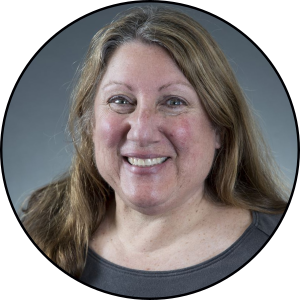Shaping the Future of EducationPromoting advocacy, equity, leadership, and professionalism in teacher education
|
|
Annual MeetingATE's 2024 Annual Meeting was held
March 27–30, 2024 in Anaheim, California |
Call for ProposalsCall for Proposals for ATE's 2024 Summer Conference in Denver, Colorado is open!
Deadline is Wednesday, May 15, 2024 |
Summer ConferenceJoin us in Denver, Colorado for
ATE's 2024 Summer Conference July 26–29, 2024 |
Today ATE members represent nearly 1500 teacher educators in colleges, universities, school districts, and state education agencies within 41 regional and state affiliated units and US Territories. |
Press ReleaseATE Unveils Third Edition of Standards for Clinical Experiences (April 25, 2024)
|
ATE ElectionATE members may log in to submit their vote in the 2024 spring election. The voting period closes April 29, 2024.
|
From ATE's President
|
I am delighted to welcome you to the Association of Teacher Educators. As a member driven organization, we are committed to supporting teacher educators throughout the professional life span.
There are numerous ways for you to participate in ATE by building new collegial relationships, engaging in inquiry with ATE colleagues, attending our annual meeting and summer conferences, sharing your research in our journals and at our conferences, joining webinars throughout the year, and plentiful other opportunities. As we continue well into the second hundred years of ATE, we remain committed to advocating and supporting teacher education and teacher educators. I’m confident that you will find a convivial professional home in ATE. --- View the 403bWise Blog to see Dan Otter's post from our 2024 Annual Meeting. |
Join our Mailing List |







